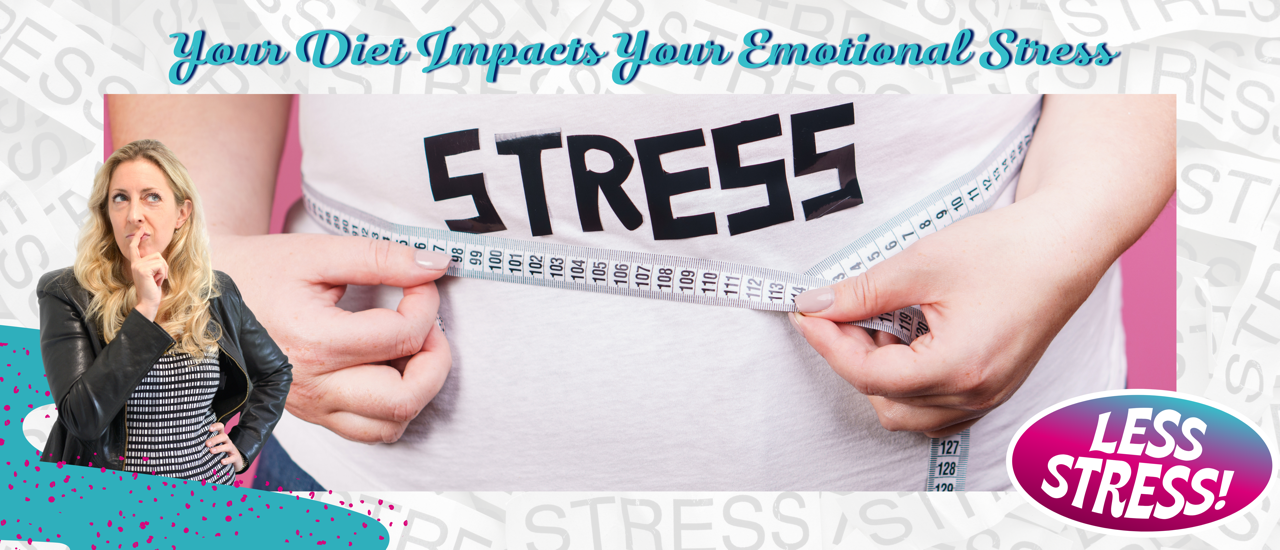
When you start looking at ways to reduce your stress levels, you probably focus on how much work you are doing, your daily responsibilities, and whether or not you practice good self-care. These are all very important, but don’t forget about the simplest choices you make daily that could impact your stress.
A common one is your diet, where some foods can increase foods, while others help to reduce them. In fact, your diet has a much more significant impact on your stress levels than you might expect, and your stress can determine your food choices. This vicious cycle starts with focusing on proper nutrition to fuel your body.
Nutritional Deficiencies
The first thing that can happen if you have a poor diet is that you have nutritional deficiencies. These deficiencies can affect not just your physical health but your emotional health as well.
For example, did you know that folate can affect your mood and lead to more depression? You get folate from foods like eggs, asparagus, spinach, and avocado.
Some other nutrients you need to help balance your mood and fight stress naturally are:
Omega 3 fatty acids – Healthy fats are still important! You can get your fatty acids from healthy sources of fats like salmon, tuna, walnuts, and olive oil.
Vitamin D – Do you know why you feel more energized and happier on sunny days? It is the vitamin D from the sun’s UV rays. If you live somewhere that is cloudy and rainy a lot, or it is the winter where there isn’t much sun, you will need to supplement vitamin D through your food. You can get it from foods like fatty fish, eggs, dairy, and fortified cereal.
Fiber – For more fiber, eating more fruit, vegetables, avocados, and whole grains is usually a good place to start.
Calcium – While many people get their calcium from dairy and yogurt, you might not be someone who can eat a lot of dairies. In this case, you can get it from foods like almonds, sesame seeds, tofu, kale, and other green vegetables.
Iron – You also want to ensure you have enough iron. Iron can help with your mental health and balance your energy levels. Get iron from red meat, turkey, nuts, and seeds like pumpkin seeds, almonds, broccoli, and dark chocolate. Combine it with something that contains vitamin C to increase the absorption of iron.
Protein – You get protein from many of these same foods, including meat, poultry and fish, dairy, cheese, eggs, and nuts.
Feeding Emotions with Unhealthy Foods
Another link between stress and nutrition is that you can often “help” the stress and emotions with food. The problem here is that you probably go for the more unhealthy foods. On the other hand, emotional eating isn’t really bad for you if it is only occasionally. After all, you should find something that helps you to deal with stressful situations.
However, if you deal with chronic stress or get into the habit of only using food to comfort yourself, it can become a problem. You might overeat, have too many unhealthy foods, and even be malnutrition because you aren’t getting enough vitamins and minerals.
Unhealthy Habits from Stress
Too much stress in your life can further encourage you to have other unhealthy habits. Not just having vitamin deficiencies and emotional eating, but generally overeating the wrong foods, not getting enough exercise and sleeping too much, drinking alcohol, smoking, or doing drugs. These can all turn on you and not only not help with your stress, but actually make it worse.
The Cycle Continues
This is a vicious cycle that is very hard to get out of. Once you start going into unhealthy habits to deal with your stress, you feel that temporarily it is helping but hurting your mental health in the long term. The best thing you can do is stop this cycle now, start eating right and look for healthier ways to manage your stress.
Don’t feel like you can never emotionally eat, just don’t rely only on that. Instead, try to find healthier habits, such as visiting with friends, playing with your dog, or getting in a little more exercise.



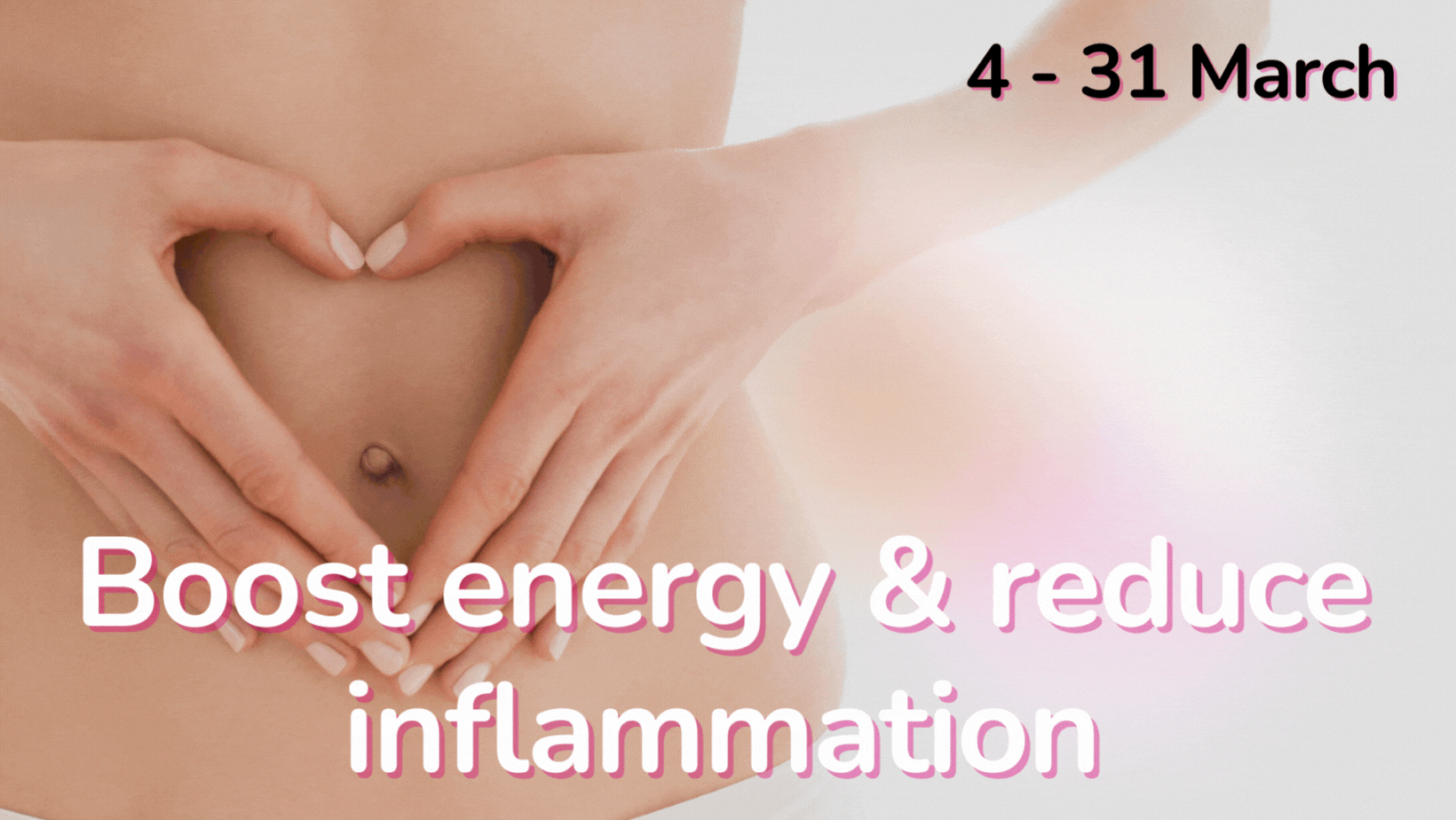
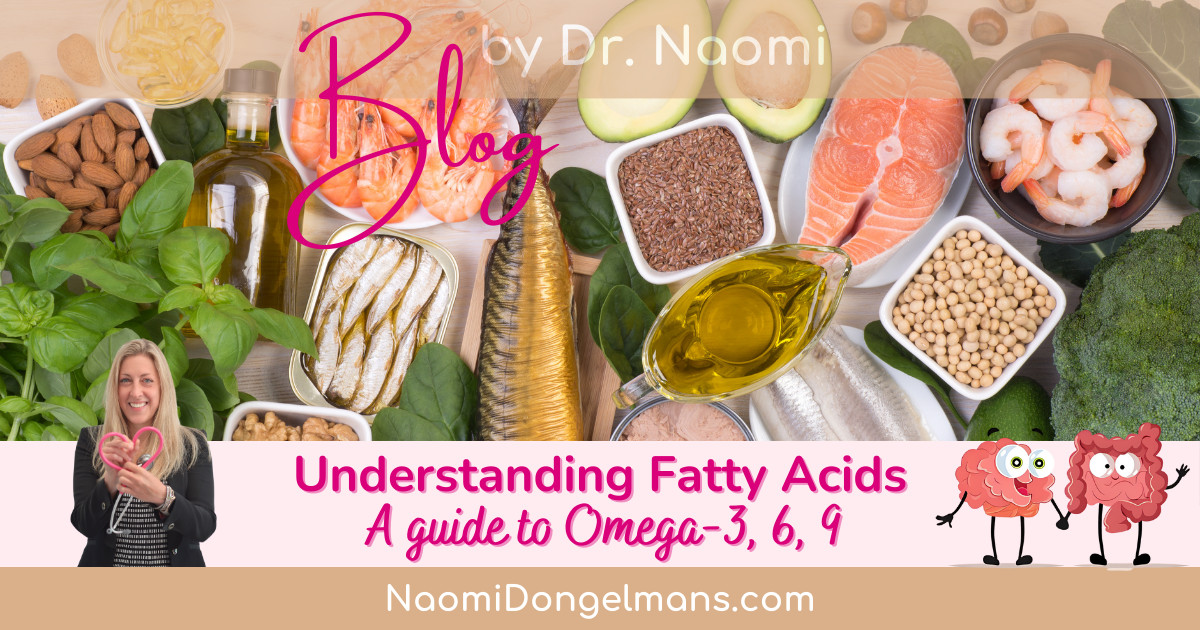
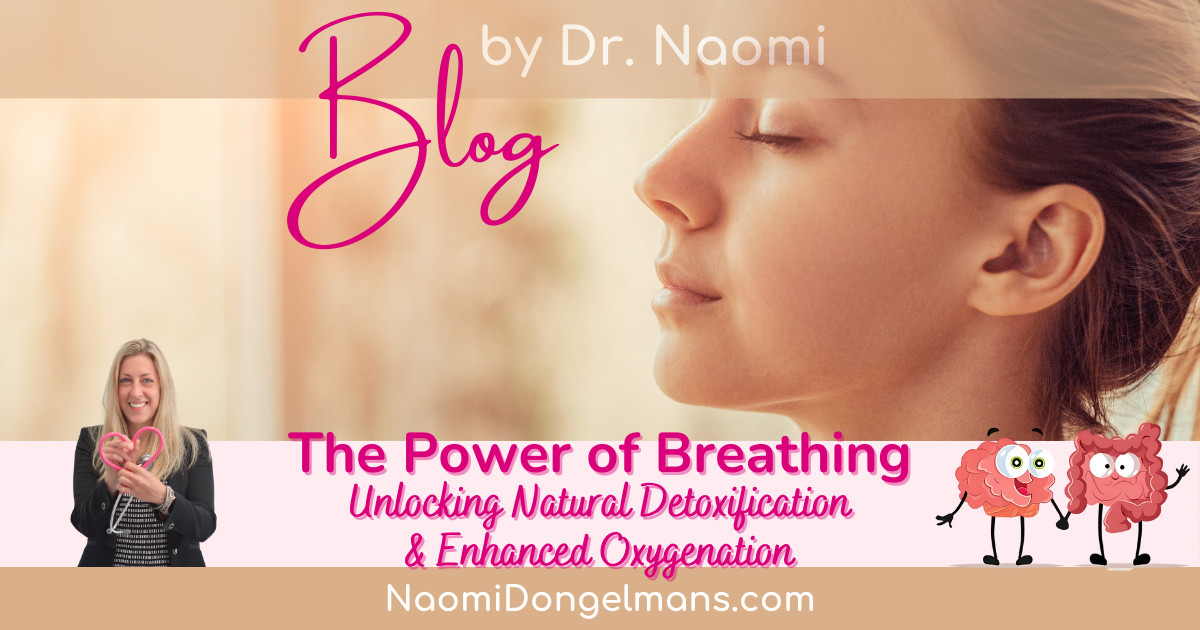
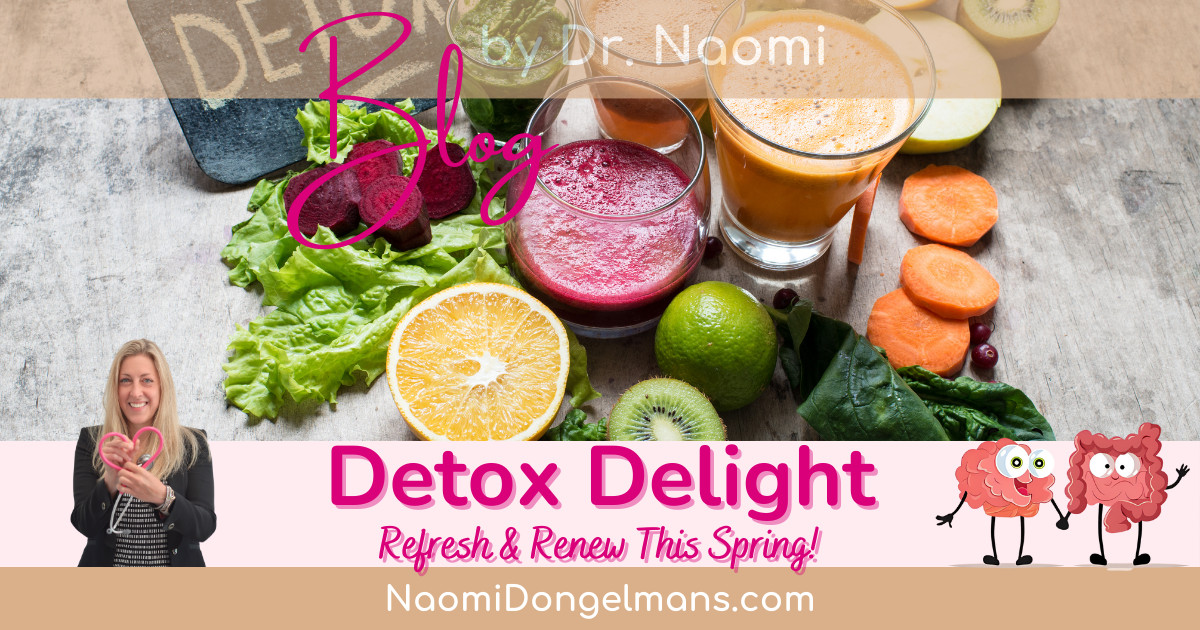
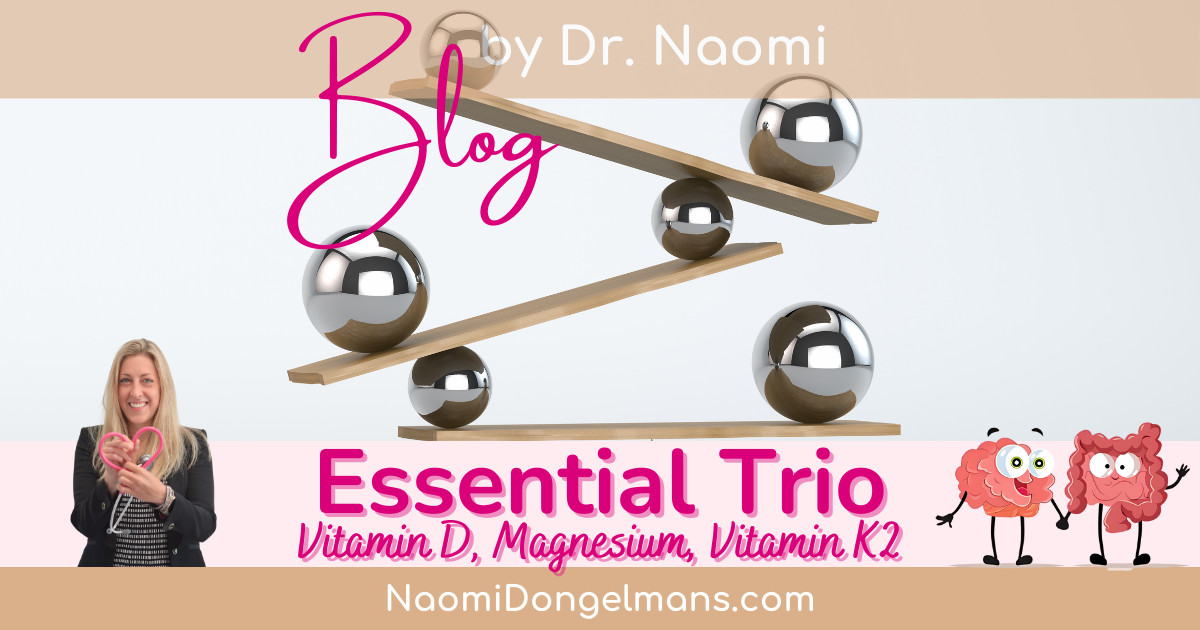
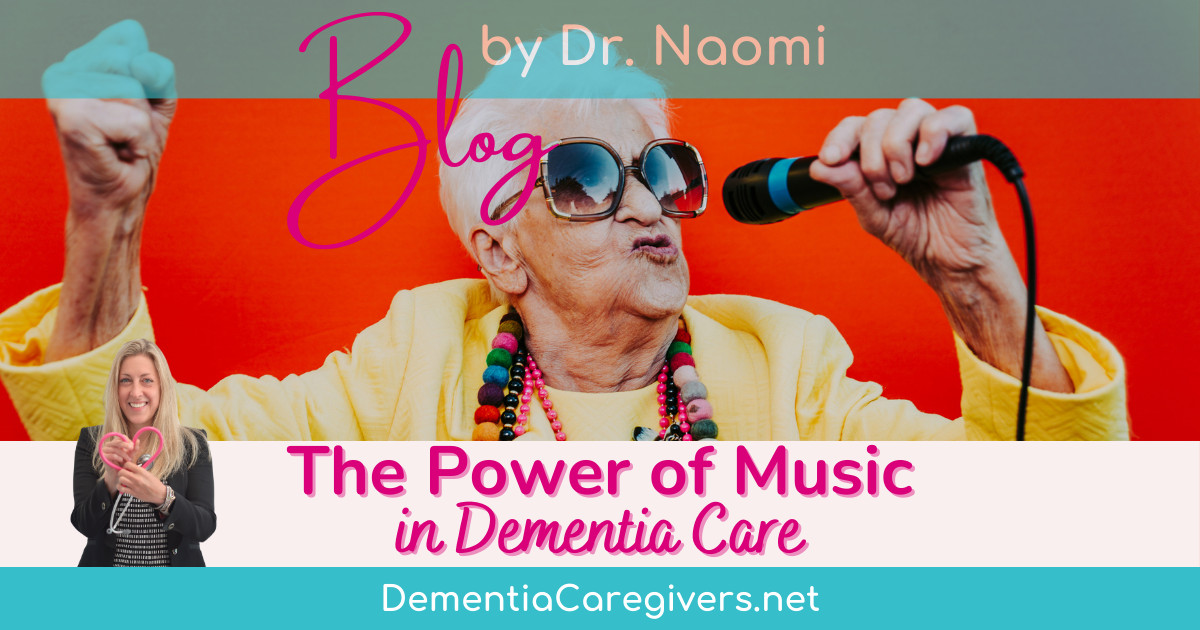






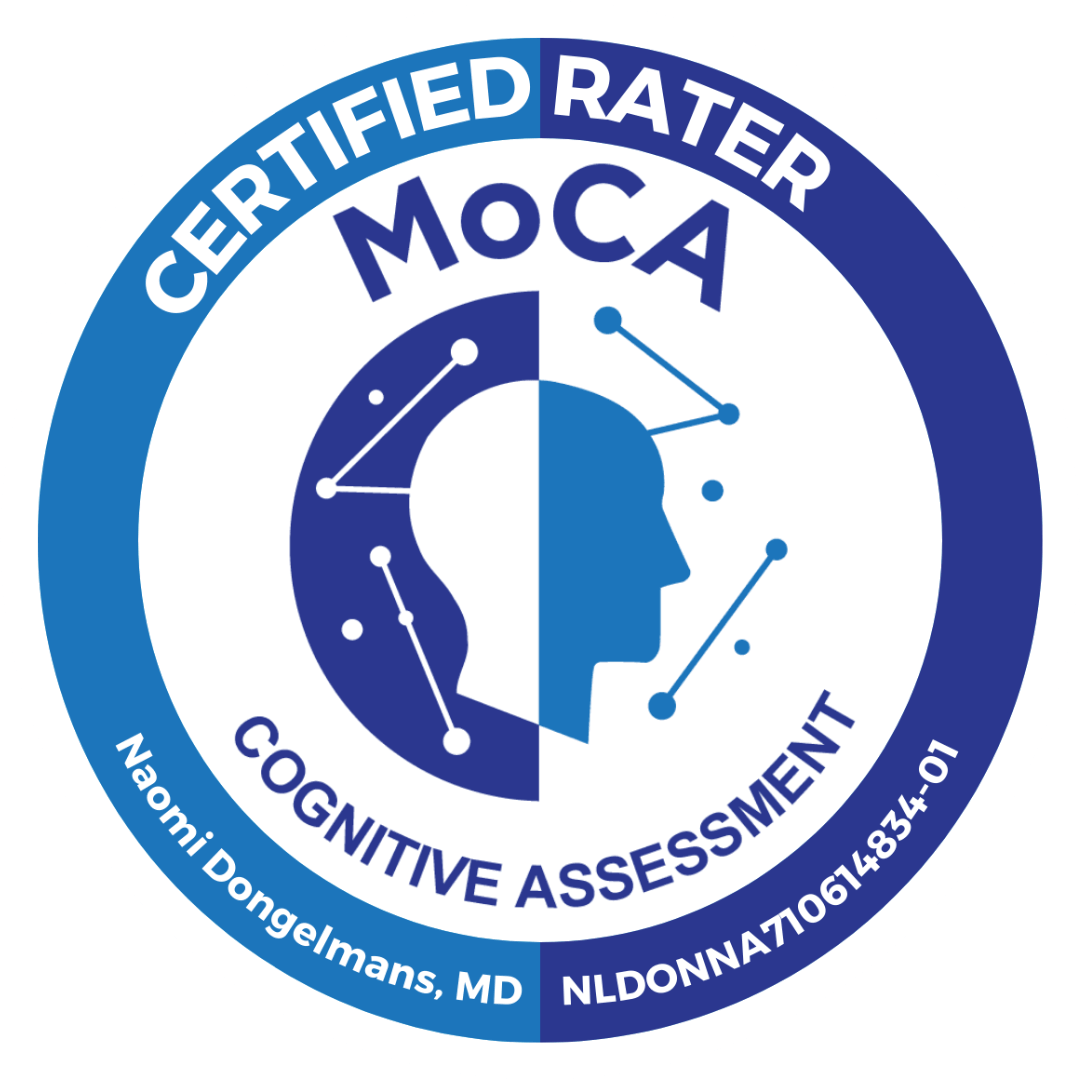
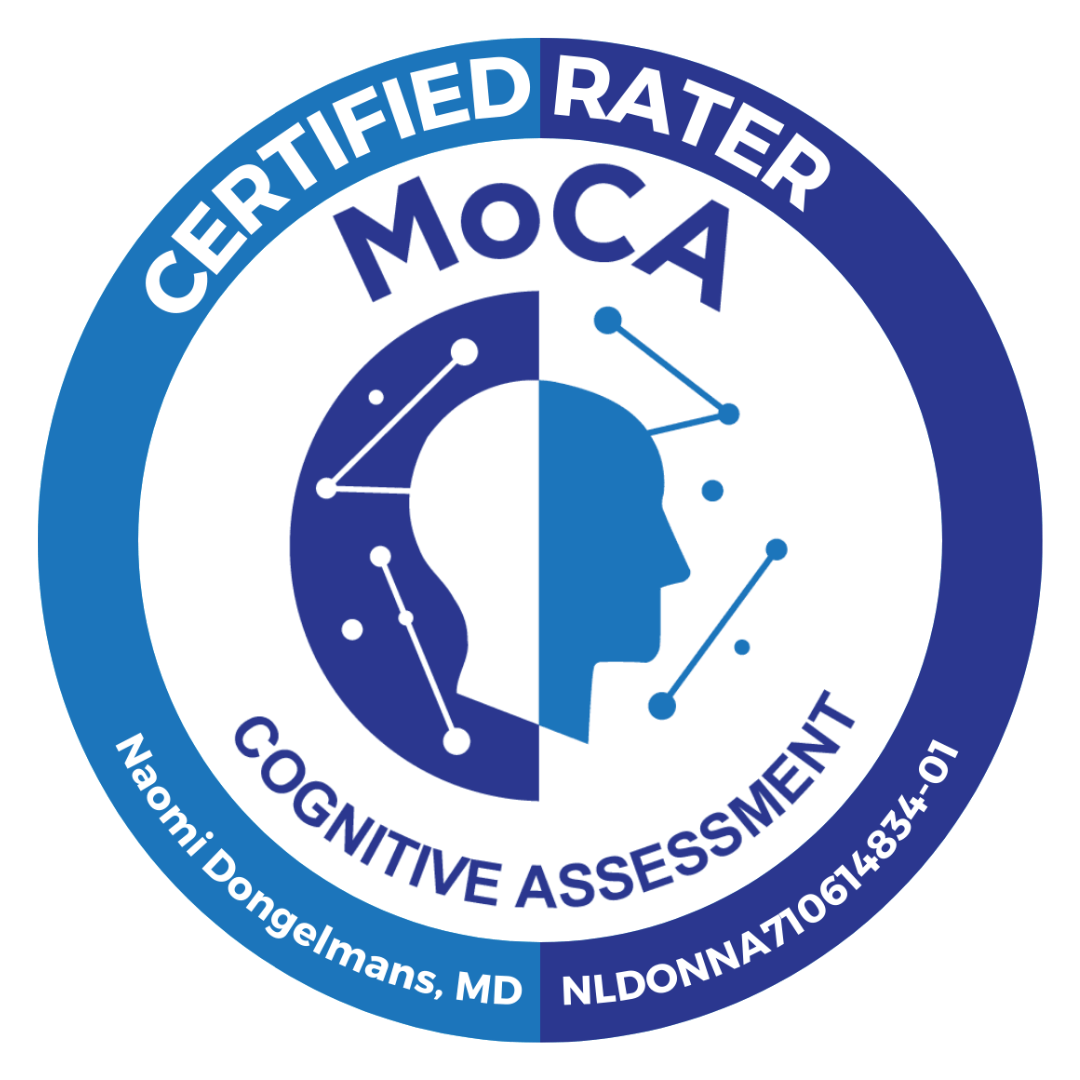

0 Comments